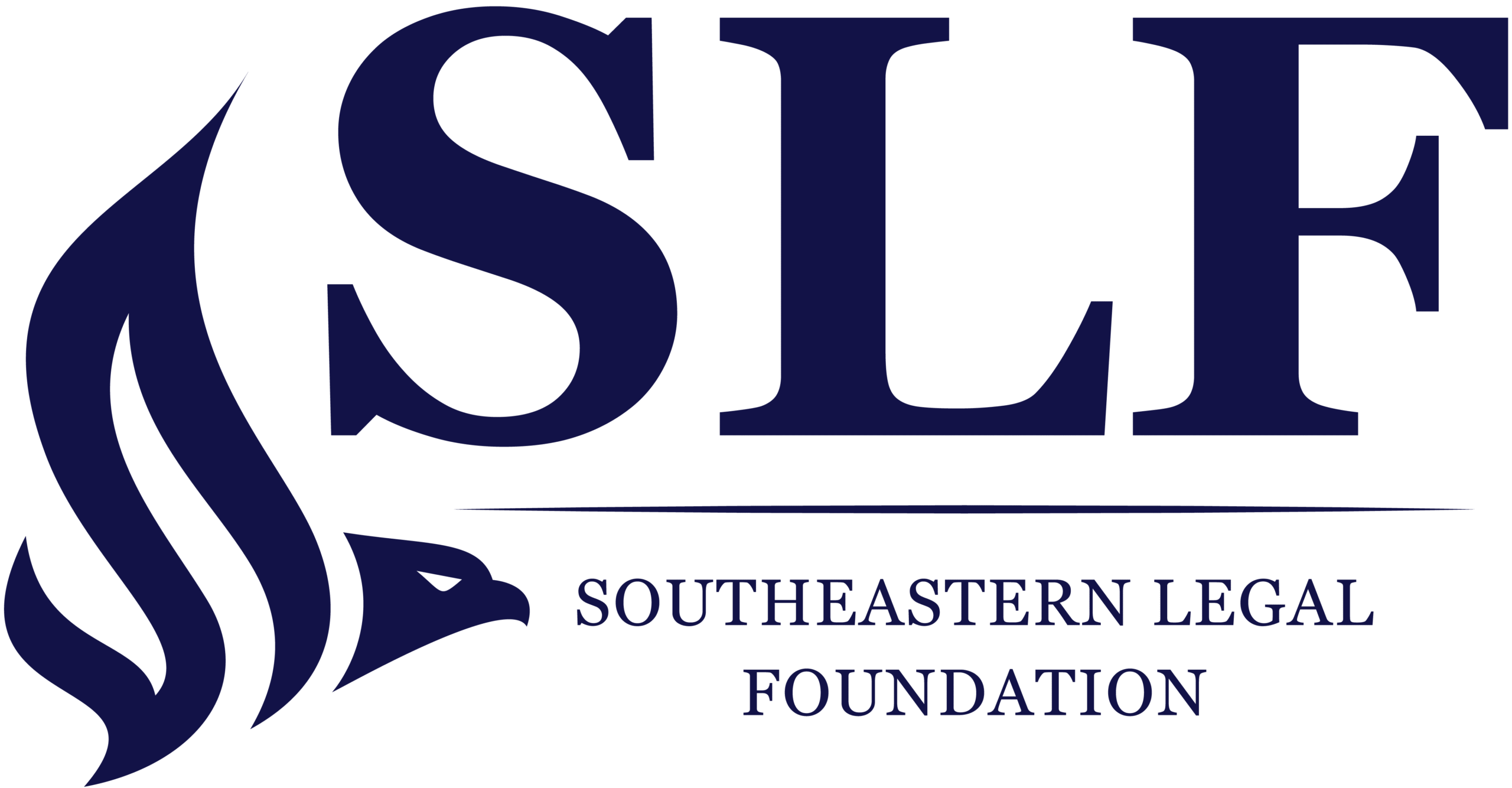Southeastern Legal Foundation (SLF) and the Texas Public Policy Foundation (TPPF) filed an amicus brief with the United States Supreme Court explaining that courts have the express power to postpone the effective date of a federal agency’s action when that action is being challenged in court.
Nearly two decades ago, the Population Council—a nonprofit founded to combat alleged “overpopulation”—filed a new drug application with the Food and Drug Administration for mifepristone, “part of a two-drug regimen designed to cause abortion.” FDA approved the drug under an expedited approval process, putting certain restrictions on chemical abortions in place in the meantime. In 2002, the Alliance for Hippocratic Medicine (Alliance) submitted a petition to FDA challenging its approval of the drug as unsafe. FDA ignored the petition until 2016, 14 years later, when the Obama Administration rejected the petition and loosened its earlier restrictions on chemical abortions. In 2019, the Alliance filed another petition, which the FDA under the Biden Administration later denied. With no other options, the Alliance filed a lawsuit challenging the agency’s actions loosening many of the original restrictions it had imposed on the chemical abortion regimen and among other things, allowing chemical abortion drugs to be dispensed during mail.
Read More
The lower courts ruled in favor of the Alliance and issued a stay halting the effective dates of FDA’s earlier approval of the drugs and all other related FDA actions challenged. In response to its inability to enforce its arguably unlawful and unconstitutional actions, FDA has asked the Supreme Court to review the case and overturn the lower courts’ ruling.
In their brief before the Supreme Court, SLF and TPPF explain that there is no need for the Supreme Court to review the case because the lower courts’ stay was the appropriate remedy under Section 705 of the Administrative Procedure Act (APA), which gives courts broad authority to review agency action and “issue all necessary and appropriate process” to rein in runaway agencies.
SLF and TPPF urge the Supreme Court to uphold the plain text and meaning of Section 705 of the APA which gives the courts the power to provide the necessary check on executive agencies that often act outside the scope of their authority, like FDA did here. The best approach in this case, as the groups argue, is to issue a stay temporarily halting FDA’s actions until the courts can reach a final decision about their lawfulness.
